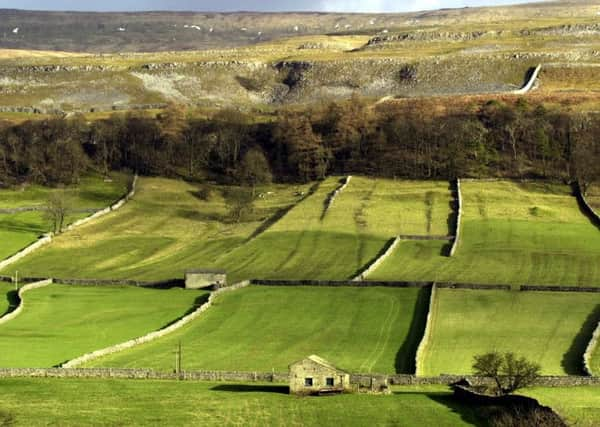Demise of dairy takes toll on rural life


It was when the Milk Marketing Board, the government agency that guaranteed minimum prices for milk producers, collapsed in the mid-90s that the industry really started to “go wrong”, he said.
“The milk supply industry became fragmented. Milk Mark was supposed to rise from the ashes but milk buyers started to pick off the bigger producers with the bigger herds, close to population centres and those farmers took business decisions, as you would.”
Advertisement
Hide AdAdvertisement
Hide AdConditions used to be much better for dairy farmers, he said.
“When the dairy industry was growing, milk producers put a lot of money into the rest of agriculture because they were bringing regular money in, whereas the beef and sheep men get a relatively smaller number of pay days through the year. As a result, the supply industry was more buoyant. There were lots of businesses that could survive because of the number of dairy farms and all the other farms benefitted because they had more choice and there were more jobs.
“Every dairy farm supports around 30 other businesses so there is a real ripple effect every time we lose a dairy farm. In some of the remote parts of Yorkshire a lot of the local jobs are directly related to agriculture, so every time one bit of it (agriculture) gets ‘poked’ there are knock on effects because everything is interconnected - there are a lot of unintended consequences.”
With the decline in dairy farming no new phenomenon, Mr Chalmers said the effects of the industry’s decline was patently evident in parts of rural Yorkshire: “In a number of cases when farmers come out of milk their farms are still there but they don’t necessarily need the same number of people working with them. Suddenly the son or daughter studying away doesn’t have a job to come back to and there’s no work for the local contractor.”
Agricultural machinery dealerships and farm shops that did amalgamate are now disappearing as a result, Mr Chalmers said.